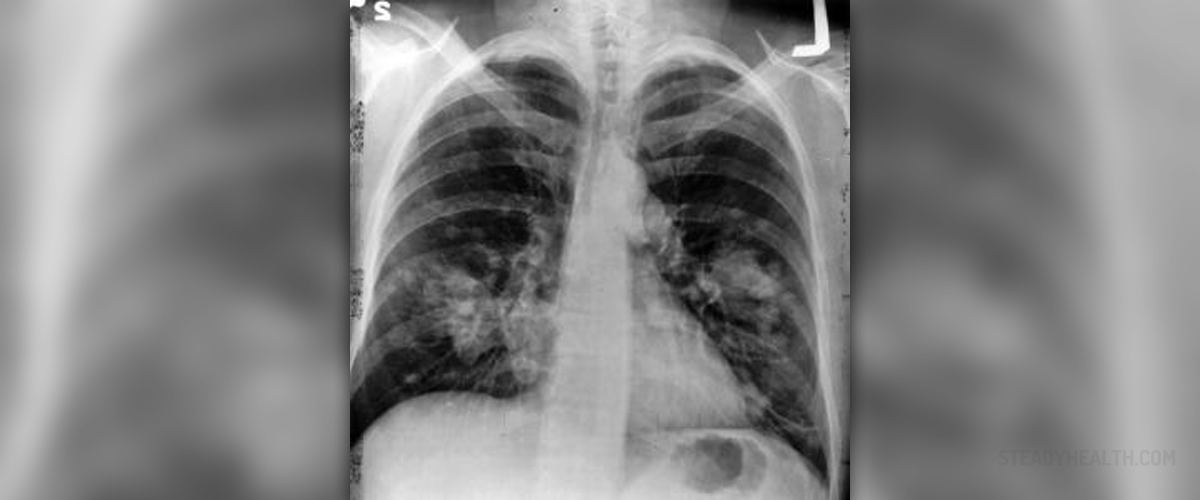
Introduction to Crackles in the Lungs
The lungs are vital organs. They handle the exchange of oxygen and carbon dioxide. The actual exchange of these gases takes place in the alveoli, the terminal parts of the bronchioli. A crackle is a specific sound which occurs during inhaling or exhaling of air. Sometimes it may occur during both of. Crackling is characteristic for certain lung illnesses and typically develop as a consequence of accumulation of fluid, exudate in bronchioli and alveoli which interferes in normal flow of the air. These sound effects can be heard with the assistance of stethoscope. Crackles can be heard in either one or both lungs. Furthermore, if they are located at the base of the lungs they are known as basilar crackles.
All lung crackles can be classified as fine and coarse. Fine crackles feature with soft and high-pitched sound. They are very brief and occur during late inspiratory phase. Fine crackles are typical for pulmonary fibrosis and congestive heart failure. Coarse crackles are, on the other hand, loud and low in pitch. They are also long lasting and occur during early inspiratory phase. They generally occur in bronchiolitis and bronchiectasis.
Causes of Crackles in the Lungs
There are many lung conditions that cause crackles.
First of all crackles occur in asthma. This is a chronic lung disease. It causes a narrowing of the airways, contraction of smooth muscles and accumulation of mucus.
Crackles in this case occur due to accumulation of mucus in alveoli.
Any kind of infection of the lungs such as acute or chronic bronchitis or pneumonia is also associated with crackles. In these infections the alveoli are filled with secretions and mucus. The very presence of these can interfere with breathing. Sepsis, which is a systemic inflammatory reaction, may be accompanied by lung crackles.
Lung crackles may also be a feature of other non-inflammatory lung conditions such as lung cancer and can affect people suffering from pulmonary fibrosis, a chronic and progressive lung disease in which normal lung tissue is replaced with nonfunctional fibrous tissue.
And finally, crackles in the lungs can be associated with congestive heart failure. Namely, if the heart does not pump the blood properly this eventually leads to an increase in the pressure inside the lung blood vessels and extravasation of the fluids into the alveoli. The very presence of fluid interferes in respiration and is responsible for the specific sound phenomena.




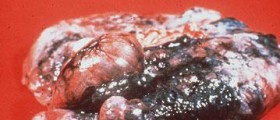
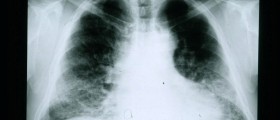




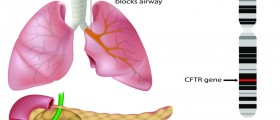



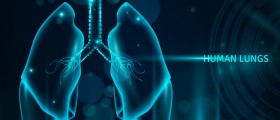


Your thoughts on this
Loading...